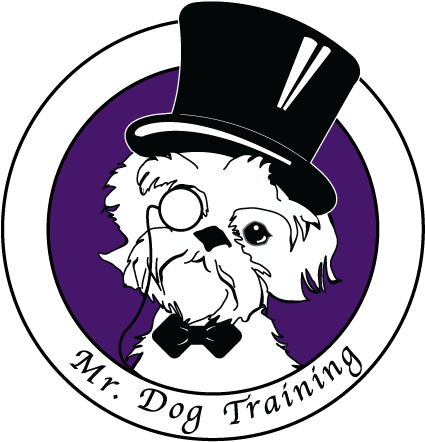Fear Factor
Imagine this: Your dog, once playful and carefree, is now reacting at the sight of a passing car. Perhaps a loud engine startled them during a walk, leaving them frightened and driving them to react the next time they see a car to make out go away from them. You want to change their reactive behavior, so you resort to a common yet misguided technique – startling them with a sharp noise, like clapping your hands, shaking a jar of coins, using a tool like the “pet corrector” (a can of compressed air), or even giving them a leash “correction” in an attempt to change your dog’s reactive behavior.
Initially, it seems effective. The behavior stops abruptly. But, what about the toll it takes on your dog's emotional well-being?
Picture this scenario: Your child is afraid of thunderstorms and proceeds too run away from you and scream when there is a storm. Instead of comforting them during the next storm, you startle them with sudden a loud noise like banging a pot with a spoon. Yes, the immediate reaction might be to stop their fear-induced behavior, but at what cost? Trust, security, and emotional stability are compromised and nothing is done to address the emotions causing the behaviors you wish to stop.
Now, let's apply this to our canine companions. Your dog, scared of passing cars, reacts fearfully by barking, lunging, and pulling toward them. You startle them with a sharp noise, a zap with a shock collar, or a sudden spray of water. Yes, the behavior halts momentarily, but what about their trust in you and their emotional state?
The startle method might suppress unwanted behavior temporarily, but it fails to address the root cause – fear, anxiety, or uncertainty. Your dog isn't "fixed", and that is not training; they're left with added worries and uncertainties, especially about your actions and intentions. Can they trust you not to cause them harm or distress?
As compassionate pet guardians, it's imperative we consider our training methods. Instead of resorting to quick fixes that may harm our dogs emotionally, let's prioritize kindness, patience, understanding, and empathy. Building trust and a strong bond with our furry companions is crucial for their well-being and our relationship with them.
The next time your dog exhibits unwanted behavior, take a moment to understand the underlying cause. Is it fear, anxiety, or uncertainty? Instead of startling them into compliance, offer reassurance, support, and science based, positive approach to your training methods.
Your dog will thank you for it with their trust, loyalty, and unconditional love.
Sara Sokol is owner of Mr. Dog Training in Brunswick Maine; A positive reinforcement dog training facility, offering both virtual and in person classes, that has been voted best training in Maine for 9 years in a row.
